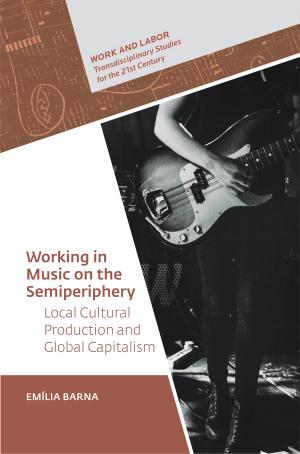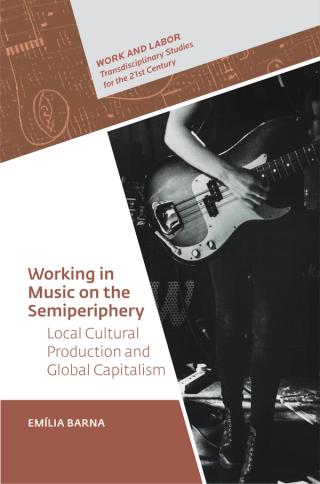Listen to a conversation with Emília Barna about the book on the New Books Network here: https://newbooksnetwork.com/working-in-music-on-the-semi-periphery
“Expanding our understanding of what counts in the production of popular culture, Emília Barna performs a double reveal: beyond the usual suspects of the Global North; behind the most audible forms of musical labour. Here, professional musicians jostle alongside backstage industry employees, unpaid volunteers and domestic workers. Sensitised by its sophisticated hybrid of feminist social reproduction theory and world-systems analysis, Working in Music in the Semiperiphery locates the contemporary realities of Hungarian popular music within evolving state-market relations. A genuine revolution in how we make sense of making music."
-- Toby Bennett, Senior Lecturer in Media, Culture and Organisation, University of Westminster
“So much more than a ‘case study’ of Hungary, Emília Barna’s book is an essential contribution to understanding musical labour in the digital era.”
-- David Hesmondhalgh, Professor of Media, Music and Culture, University of Leeds






